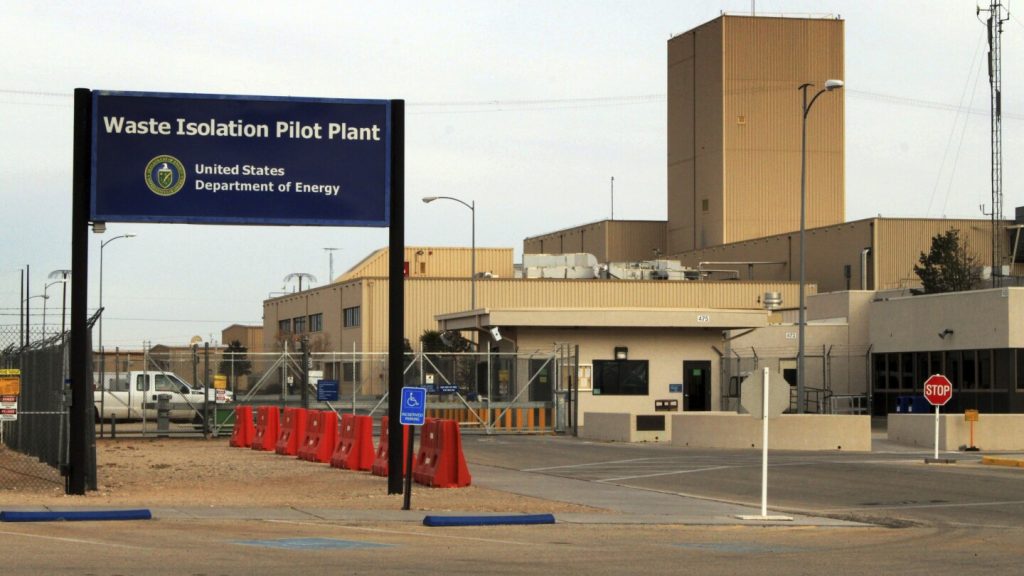As federal officials gathered in southern New Mexico to mark the 25th anniversary of the Waste Isolation Pilot Plant (WIPP), the nation’s only underground repository for radioactive waste, concerns were raised about the government’s plans for repackaging and shipping drums of nuclear waste to the facility. The WIPP, located outside Carlsbad, has taken in thousands of shipments since its opening in 1999, but a radiation release in 2014 caused contamination and closure of the facility for nearly three years. Now, New Mexico is raising concerns about plans to transport waste from Los Alamos National Laboratory to WIPP, with the state’s environment department demanding more safety information and questioning the treatment of hazardous waste.
In response to pressure from Texas environmental regulators, the U.S. Department of Energy announced plans to treat the nuclear waste stored in Texas and transport it to WIPP. However, the New Mexico Environment Department has raised numerous concerns about the safety of this plan, stating that simply storing waste in Texas for a period of time does not constitute treatment. Secretary James Kenney emphasized the importance of properly treating hazardous waste before transport, highlighting the risks associated with improper packaging that led to the 2014 radiation release at WIPP.
The 2014 incident at WIPP was caused by improper packaging of waste at Los Alamos, resulting in a chemical reaction inside a drum. Despite efforts to prevent similar incidents, concerns remain about the potential for reactions with the current waste being stored. Scientists at Sandia National Laboratories conducted a study on the issue, suggesting that repackaging the waste with an insulating layer of air-filled glass micro-bubbles could offer additional thermal protection. However, questions remain about how to guarantee the prevention of future thermal reactions within the drums during transport.
The timeline for moving the waste to WIPP is uncertain, as the plan requires approval from state and federal regulators. New Mexico regulators have pointed to state and federal laws regarding the handling of radioactive and hazardous wastes, emphasizing the importance of consulting with them before announcing plans. Additionally, watchdog groups have raised concerns about the compliance of untreated waste shipments with Nuclear Regulatory Commission certifications for containers. The potential risks associated with transporting untreated waste highlight the need for thorough safety assessments before any shipments are allowed.
The debate over the transport of nuclear waste to WIPP reflects larger concerns about the management and disposal of radioactive materials from decades of nuclear research and bomb making. As federal agencies work to address these issues, collaboration with state regulators and community stakeholders will be essential to ensure the safe and responsible handling of hazardous waste. With the 25th anniversary of WIPP serving as a reminder of the importance of proper waste management practices, ongoing monitoring and oversight will be crucial in preventing future incidents and protecting public health and the environment.


